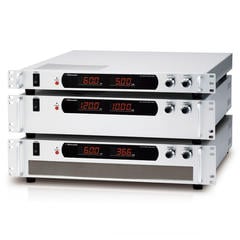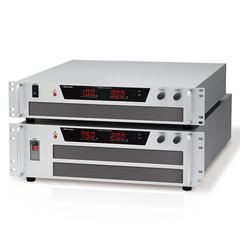A floating ground is a ground potential reference in a circuit that is galvanically isolated from the actual earth ground.
The term is used in various fields, including electrical measurements, noise reduction by eliminating ground loops, transformers, telecommunications, and specialized high-voltage power circuits. Many electrical measurement devices use floating grounds to allow for more sensitive and precise measurements. Circuits that are physically disconnected from earth ground, such as those in battery-operated devices and aircraft, also have a floating ground.
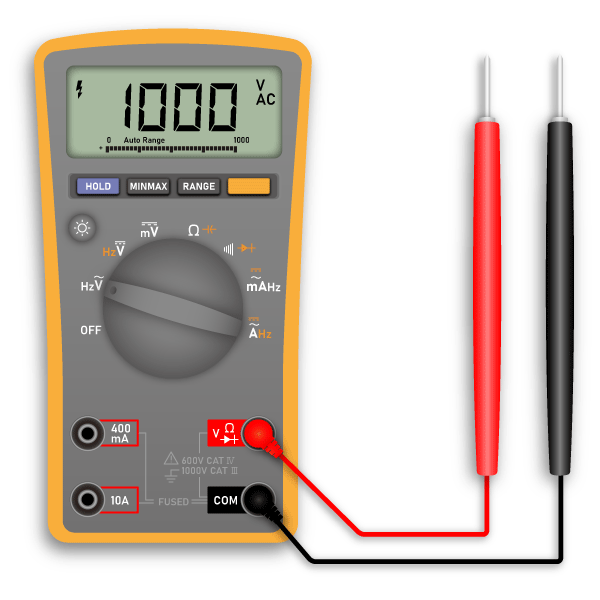
Matsusada Precision offers a floating ground option for some of our DC and high voltage power supply products. This feature allows for the very accurate measurement of load current.
Examples of products offering a floating ground option:
- • AK series
- • AKP series
- • AUH series
- • DOS series
In the context of high-voltage systems, "floating" refers to a secondary circuit whose ground reference is galvanically isolated from earth ground and is instead biased to a high-voltage potential. For example, the power supplies for components like filaments and electrostatic lenses in electron microscopes and X-ray tubes operate with floating grounds.
Matsusada Precision manufactures "floating power supplies," which are specifically designed to operate while being floated at a high-voltage potential. Floating power supplies are galvanically isolated DC-DC converters that feature a high isolation voltage, enabling them to operate safely and reliably while their entire output stage is biased to a high potential.
DC power supply output
Typically, in DC power supplies featuring positive, negative, and ground terminals, the negative output and chassis ground (GND) terminal are connected by a shorting bar. To use the output in a floating configuration, this shorting bar must be removed.
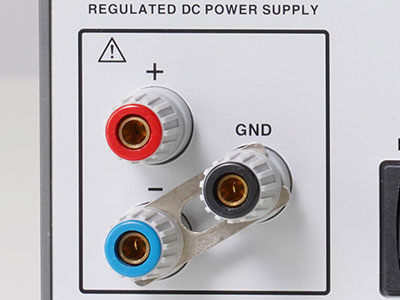
(positive power supply)
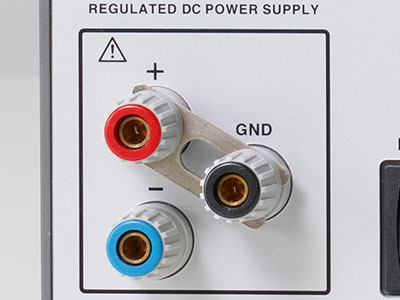
(negative power supply)
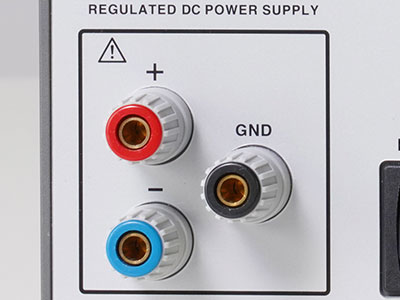
(floating power supply)
Important Precautions:
Depending on the product, the specific implementation may differ, and floating operation may not be guaranteed. Be aware that removing the shorting bar can affect the product's safety and EMI performance.
See the links below for usage examples of "floating power supplies" and explanations of related terms.



